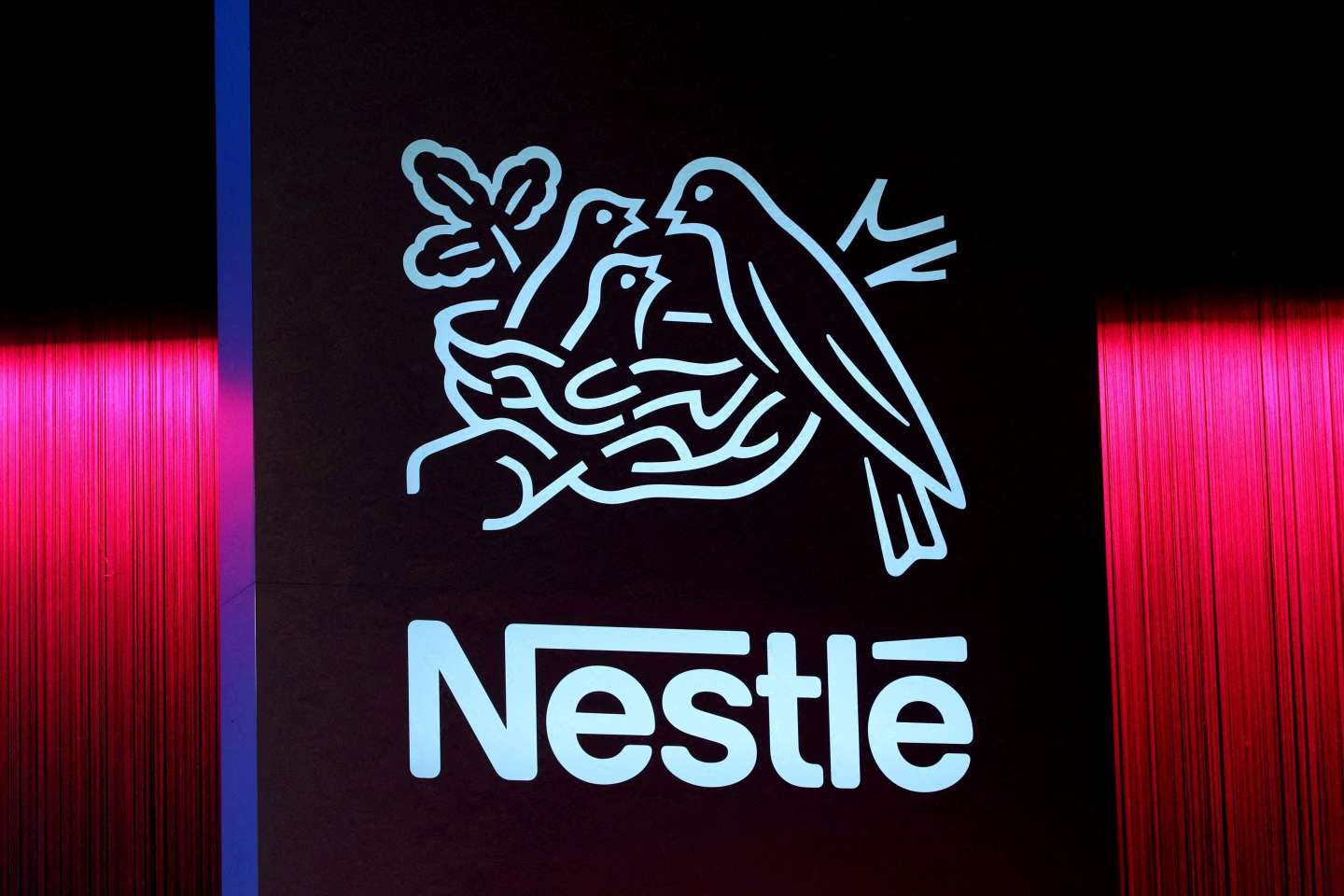Faced with the shortage of baby milk in the United States, the Swiss food giant Nestlé will send infant formula by plane from Switzerland and the Netherlands, announced on Tuesday May 17, a spokeswoman for the group at Agence France-Presse (AFP).
The Swiss group will specifically export two brands of hypoallergenic milk, the shortage being an additional source of stress for parents of babies intolerant to cow’s milk proteins. “We prioritized these products because they address critical medical needs”said a spokeswoman for the group.
These two brands of hypoallergenic milk are already usually exported from the Netherlands, for Gerber Good Start Extensive HA milk, and from Switzerland, for Alfamino milk. But, faced with the shortage, the group decided to send them by plane “to meet immediate needs”said the spokesperson for the group, which also has two factories in the United States for the production of infant formula.
Initially caused by problems in the supply chain and a shortage of labor due to the Covid-19 pandemic, the shortage worsened when in February a factory of the manufacturer Abbott in Michigan closed , after a recall of products suspected of having caused the death of two babies.
The White House accused of indifference and wait-and-see attitude
The US Drug Administration (FDA) cleared the milk but issued a warning – number 483 – about irregularities at the factory, Abbott said on Friday, saying he had » immediately « started to implement corrective measures. Monday, Abbott reached an agreement with the American justice to be able to restart production in this factory.
The White House is for its part in continuous communication with the four main manufacturers, including Nestlé but also Reckitt, Abbott and Perrigo, in order to identify the obstacles in terms of transport, logistics and suppliers to be able to increase production and guarantee quickly get products to retailers.
Accused at worst of indifference, at best of wait-and-see attitude, the White House on Thursday set out a few measures, of limited scope. « It’s a job that has been going on for months »justified his spokesperson, Jen Psaki, when asked about the reaction time of the American executive. “Our message to parents is: we heard, we want to do everything we can”she also said.
In addition to the increase in imports, while the United States produces 98% of the formula milk they consume, Mme PSAKI said in particular that he was working with the States to ease the administrative constraints weighing on the most modest families who buy infant milk thanks to food vouchers. The White House has also seized the competition authority on the abuses linked to this situation of shortage, in particular the resale of infant milk online at exorbitant prices.
Mme Another option still under consideration, PSAki said, was to invoke the Defense Production Act, a Cold War legacy that allows the US president to make economic decisions by executive order. Mr. Biden also spoke Thursday with representatives of the retail trade and baby milk producers, conversations described as« encouraging » by an administrative officer.
